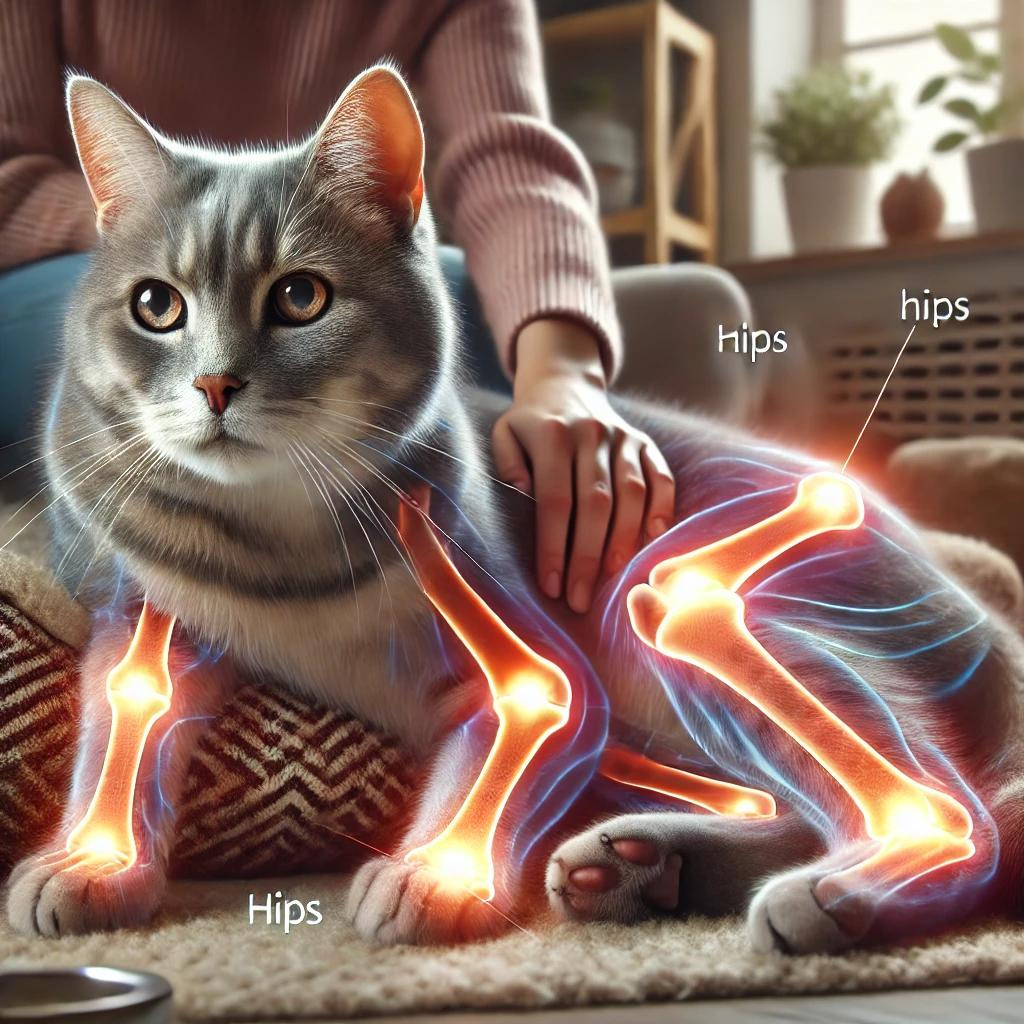Recognizing the Early Signs of Arthritis in Senior Cats
As our feline friends age, they may start to experience some of the same health issues that we humans do. One of these is arthritis, a condition that can cause discomfort and limit mobility. It’s important to recognize the early signs of arthritis in senior cats so that you can help manage their pain and maintain their quality of life.
Arthritis is a degenerative joint disease that causes inflammation and pain.
It’s common in older cats, but it can be difficult to spot because cats are masters at hiding their discomfort. They’ve evolved as solitary hunters, and showing signs of weakness could make them vulnerable in the wild. This instinct remains strong, even in our pampered house cats.
So, how can you tell if your senior cat has arthritis? There are several signs to look out for. One of the most common is a change in their mobility. Your cat may start to move more slowly, have difficulty jumping up onto their favorite perch, or even limp. They might also be less active overall, spending more time sleeping or resting.
Another sign of arthritis in cats is a change in their grooming habits. Cats are meticulous groomers, but arthritis can make it difficult for them to reach certain parts of their body. If your cat is not grooming as much as usual, or if their coat is looking unkempt, it could be a sign of arthritis.
Changes in behavior can also indicate arthritis.
Your cat might become more irritable or aggressive, especially if you touch them in a way that causes pain. They might also become more withdrawn, avoiding interaction with you or other pets in the house.
It’s also worth noting that cats with arthritis often have difficulty using the litter box. They might urinate or defecate outside the box, or you might notice that they’re not covering their waste as they usually do. This is because the act of squatting can be painful for a cat with arthritis.
If you notice any of these signs, it’s important to take your cat to the vet for a check-up. Your vet can diagnose arthritis through a physical examination and possibly X-rays. They can also recommend treatments to help manage your cat’s pain and improve their mobility.
Treatments for arthritis in cats can include pain medication, joint supplements, and changes to their diet. In some cases, your vet might recommend physical therapy or acupuncture. It’s also important to make your home as comfortable as possible for your arthritic cat. This might mean providing softer bedding, using a litter box with lower sides, or placing their food and water dishes in a more accessible location.
Remember, arthritis is a progressive disease, which means it will get worse over time.
But with early detection and proper management, you can help your senior cat live a more comfortable and happy life. So keep a close eye on your feline friend, and don’t hesitate to seek veterinary care if you notice any changes in their behavior or mobility. After all, our cats give us so much joy and companionship, and they deserve the best care we can give them in their golden years.
